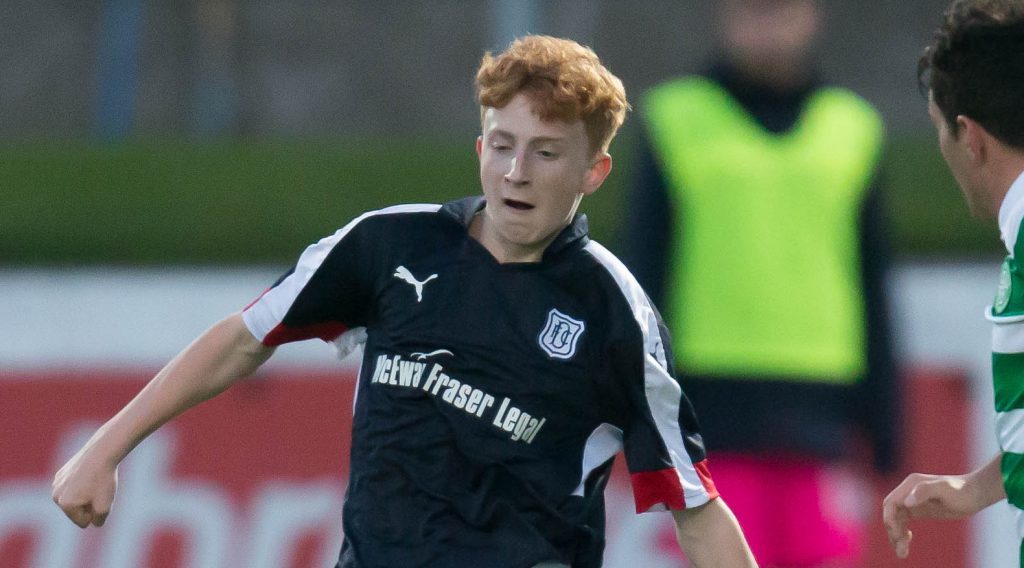If you’re good enough you’re old enough is a phrase well worn on the lips of football fans.
When though is a player too young to throw into the fray?
Celtic fans last week saw 13-year-old Karamoko Dembele make his debut for the club’s development team when he replaced Jack Aitchison, 16, who had himself become Celtic’s youngest-ever player in the final game of last season.
Dundee FC meantime gave a debut to 14-year-old George Johnston in their Development League game against Celtic last Monday night.
Subsequently the Celtic boss Brendan Rogers has said that young Dembele will be kept out of the spotlight in future, but a marker has been laid down in both cases for aspiring youngsters everywhere.
Kids are usually desperate to play and even when presented with a big jump in age and physique are keen to prove themselves at the higher level.
It’s a difficult balancing act for clubs.
On the one hand often criticised for not giving youth a chance, they must also guard against endangering their development and be conscious of the physical dangers in playing young boys against players who are older and more developed.
Young players mature at different stages and coaching staff will take careful and delicate decisions to ensure that the player is equipped to handle what is being asked of him.
The taste of the big time for a boy handed the shirt for the first time for the development squad is electrifying. While obvious risks have to be critically assessed the clubs also have a duty to promote ability and the fans love to see new talent emerging through the ranks.
It gives them cause for optimism.
Also to be factored in are the player’s desires and wishes. If a young player is champing at the bit to play against older players and is judged physically and mentally ready, then what message is sent to him by a coach frightened to risk playing the boy?
My oldest boy played at Dens as a 16-year-old for the under-19 side when Barry Smith was in charge.
Was I concerned about him playing against players much bigger and stronger?
Naturally yes, but was he? Not a bit, he saw it as a challenge and a recognition of his abilities as any young lad would and should.
There are undoubtedly potential pitfalls in blooding youngsters at a very early stage, but with wise guidance and careful management, a young boy can become a young man very quickly on the football pitch, and the inspiration to other youngsters at the club to redouble their efforts can be enormous.
Some might see playing 13 and 14-year-olds as foolhardy, but so long as it’s done with due cognisance of individual characteristics and strengths of the player involved and is done sparingly, it can be beneficial to both club and player, and gives cause for optimism that hard work and talent will be recognised and rewarded.
Young men have big dreams in football, and this last week two of them started making them come true earlier than usual.


